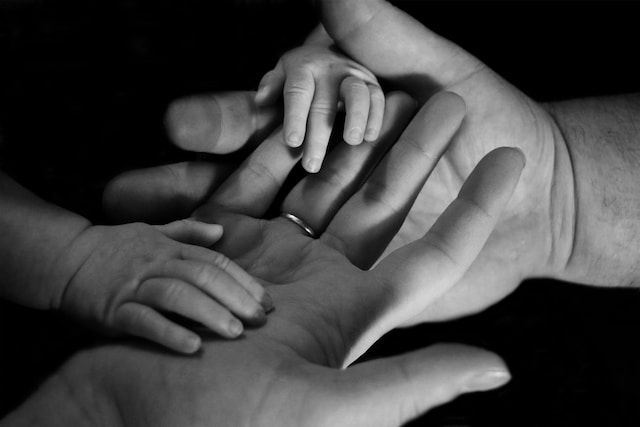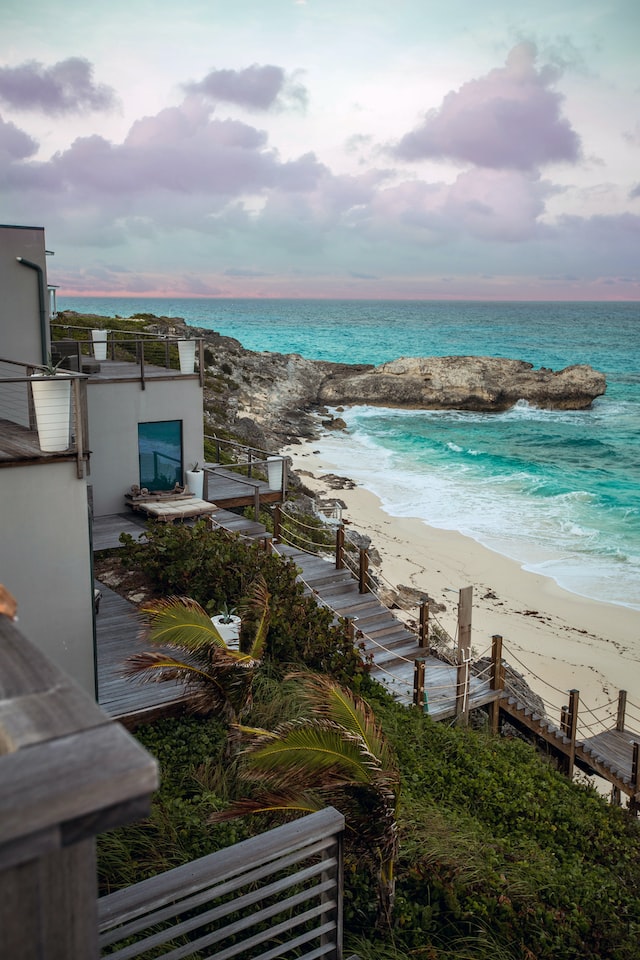Premises liability is the area of personal injury law that deals with injuries on property owned or leased by others. It can include accidents inside or outside a building and cases triggered by hazardous conditions on the property.
Under premises liability laws, property owners must use reasonable care to protect guests. However, that duty is not absolute.
Duty of Care
When you are on someone else’s property, the owner has a legal obligation to keep their premises safe for everyone who visits. This duty includes addressing dangerous conditions, warning the public about these risks, and taking reasonable precautions to avoid injury.
The duty of care is one of the most critical factors in a premises liability case. The injured party must prove that the property owner breached their duty of care and that this breach caused their injury.
In New York, property owners owe different duties to licensees, invitees, and trespassers depending on their relationship to the land. The licensee’s responsibility is highest and requires them to exercise ordinary care to protect people on their property from known dangers.
Duty of Maintenance
Under premises liability law, property owners and managers are obliged to maintain their properties reasonably safe. This includes identifying hazards that might be dangerous and quickly fixing them.
When this doesn’t happen, people can get injured on the property. These injuries can result in significant medical bills, lost wages, and other accident-related costs.
A premises liability lawyer like Kuzyk Law can help victims recover compensation for these damages. They must prove that the property owner was negligent in maintaining their premises and that this negligence caused an injury.
In many jurisdictions, the law applies an old rule that divides visitors into three categories – invitees, licensees, and trespassers. This means that a property owner has a higher duty of care for invited licensees and guests who were asked to come onto the premises for a business purpose.
Duty of Inspecting
Under premises liability law, property owners are obliged to inspect their premises for hazards regularly. If they discover a danger, they must either repair it or post a warning about it.
The extent of the duty depends on whether the visitor to the property is an invitee, licensee, or trespasser. The owner owes the highest duty of care to invitees, such as customers at a store or job applicants.
The duty to inspect is the first requirement for proving negligence or comparative negligence in a premises liability case. Often, a person is injured on someone else’s property because of a dangerous condition that the owner should have known about or would have discovered through reasonable inspections.
Duty of Supervision
Under premises liability law, property owners must provide adequate supervision for people who use their properties. In many cases, a property owner must monitor the area around their property and ensure that spilled liquid or other hazards don’t cause injuries.
A typical example is at a gas station, convenience store, or restaurant. When a patron gets hurt in these establishments, they often have to bring legal action against the owner to recover compensation for their losses. Specifically, they may claim that the business owner’s negligence led to their injuries.





